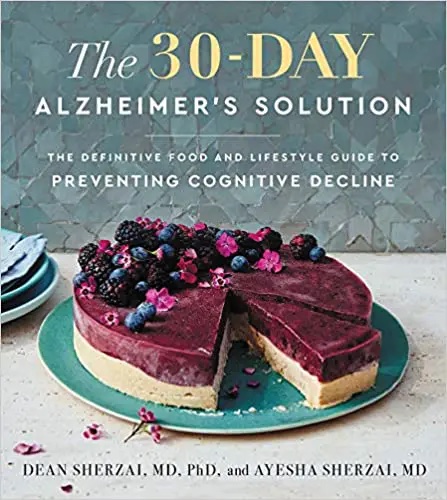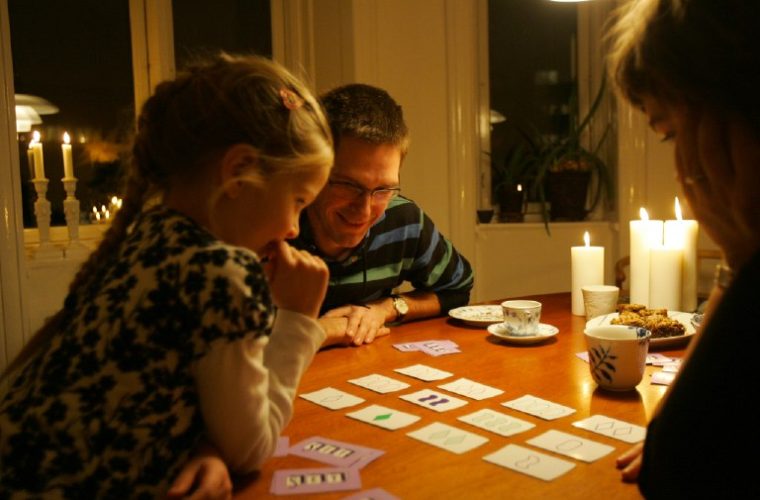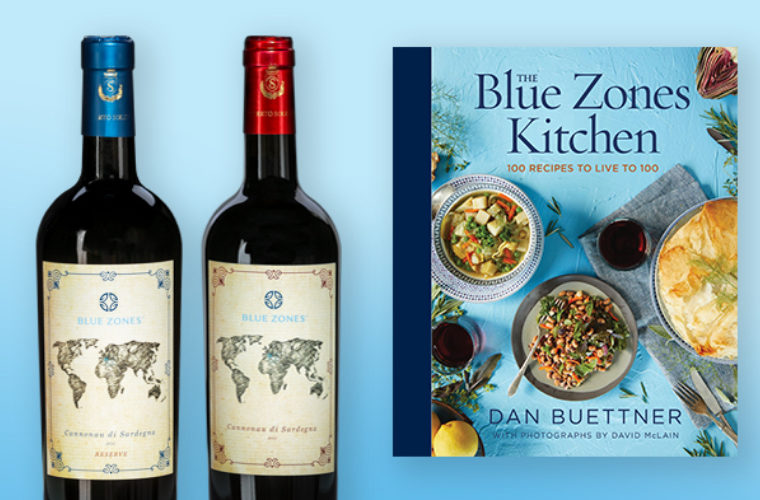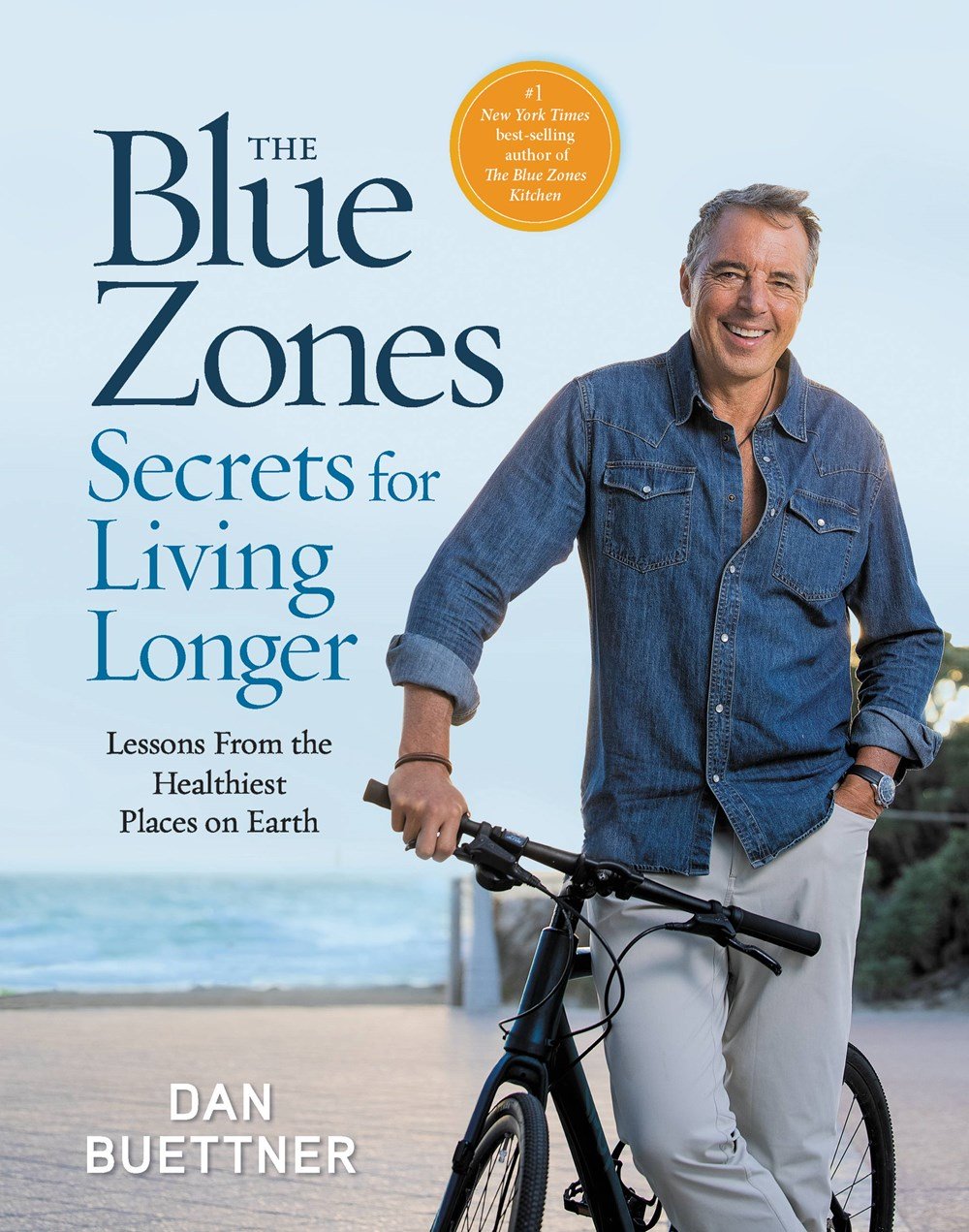
That’s right, up to 90 percent. In their new book The 30-Day Alzheimer’s Solution: The Definitive Food and Lifestyle Guide to Preventing Cognitive Decline, they articulate how eating a Blue Zones Diet, having a sense of purpose, shedding stress, and getting a good night’s sleep can be better than taking a pill or getting on any other sort of pharmaceutical strategy for prevention. And the beauty of their approach is not only that your mind stays sharp, but you’re hardwired to stay healthy. You’re unlikely to develop diabetes or suffer a stroke or develop certain types of cancers. You’ll feel more vitality in your later years. And who knows? You might just live to 100. I sat down with Ayesha to ask the big picture questions about Alzheimer’s and here’s what she told me. —Dan Buettner
Dan Buettner: How many people in America are suffering from dementia in America and who is it most affecting?
Dr. Ayesha Sherzai: The numbers are astronomical. Currently, around 6 million people are living with Alzheimer’s, the most common type of dementia. Every 64 seconds, someone is diagnosed with Alzheimer’s disease. We believe this number is an underestimation of the true incidence and prevalence, as many communities consider having cognitive impairment as part of normal aging, and therefore never report it. 2/3 of these individuals are women. The likelihood of a woman developing Alzheimer’s disease during her lifetime is 1 in 6 compared to men in whom the likelihood of the disease is 1 in 11. And it is projected that if we don’t establish measures to prevent the rate, by 2050, more than 16 million people will be living with this horrible disease.
DB: How much does dementia cost us per year?
AS: Dementia is the costliest disease in our society. In 2020, the annual cost of direct care of dementia was $305 billion. This did not take into account another $240 billion indirect cost of caregivers and loved ones losing time and money to care for individuals with Alzheimer’s disease. At the rate that we are moving forward, the cost is projected to become anywhere between $1.1 trillion by 2050.
Dementia is the costliest disease in our society. The cost of direct care of dementia was $305 billion. This did not take into account another $240 billion indirect cost of caregivers and loved ones losing time and money… — @SherzaiMDCLICK TO TWEET
DB: The Alzheimer’s Association recently admitted that up to 60 percent of dementia is avoidable. What are your estimates?
AS: This number was derived from a study that was conducted by scientists Rush University by Dhana et al. in 2019, which demonstrated that adherence to an optimal lifestyle reduced risk of dementia by 60 percent. Yet, we believe that what was considered a healthy lifestyle in that study could be optimized even further, as there were a number of diet and lifestyle aspects that were not taken into consideration. Given the evidence from genome-wide analysis study, different lines of research, and our own work in communities, we believe that if an individual or a population adopts an optimal lifestyle, they can reduce the risk of dementia by as much as 90 percent.
DB: Can you tell us how we can best avoid Alzheimer’s Disease?
AS: There are essentially 4 major paths that contribute to Alzheimer’s disease. These are inflammation, oxidation, glucose metabolism dysregulation, and lipid metabolism dysregulation. Optimizing these pathways can minimize the damage to the brain—shifting our brain and the rest of the body away from a “damage control” mode to a “thrive” mode. And factors that optimize these paths are the foods that we choose to eat every day, how we move, how we manage stress and find our purpose in life, how our sleeping patterns are, and what activities we choose to keep our minds active and sharp. To that end, we created an acronym that represents these factors: NEURO: Nutrition, Exercise, Unwind, Restorative Sleep and Optimizing cognitive activity. Adherence to these lifestyle measures can reduce the chance of Alzheimer’s, most dementias and stroke by as much as 80-90 percent.
DB: Your new book looks gorgeous. Can you tell me a little about the 30-Day Alzheimer’s Solution?
Initially, we were very uncomfortable with the phrase “30-Day” because we don’t believe in quick fixes and hacks. The 30-Day in the title is a journey towards better habits and behaviors that would set people on a path towards a cognitively vibrant life. The book can serve as a reference for decades of research on the elements that will protect our brain well in our 80s, 90s, and beyond. It also contains more than 75 recipes that are plant-based, packed with nutrient-dense foods that are easy and if we may so ourselves, delicious! In order to help individuals jumpstart into this lifestyle, we have created a comprehensive 30-day online program where the individual will have access to us on a daily basis, Live Q&A Sessions at the end of each week, access to three nutritionists/registered dietician, a brain-health app, and a cognitive test before and after the program to document change, and talks by renowned experts on sleep, stress, and behavior.
DB: What is the optimal diet for avoiding dementia?
AS: After decades of nutritional research, it is clear that the elements of any dietary pattern that stands out in their brain-protective capacities, whether it’s the Mediterranean diet, the DASH diet (Dietary Approach to Stop Hypertension), the MIND diet (a hybrid of the Mediterranean and DASH diet), prudent diet, plant-based diet, etc., are unprocessed plants. They provide the perfect synergy of macro- and micronutrients to the brain that allows for the brain to grow and function optimally. Although we are not reductionists and don’t believe in “superfoods” there are certain foods that have more brain benefits than others. To that end, we have identified nine incredibly healthy foods to be included in our daily meals for the most optimal brain health – the NEURO 9: Green leafy vegetables, whole grains, seeds, nuts, beans, cruciferous vegetables, berries, herbs and spices, and tea. As important as eating a healthy diet is, it is as important, if not more, to avoid foods that are detrimental. These are heavily processed foods high in salt, sugar and saturated and trans fats, sugary drinks and refined carbohydrates.
NEURO 9– Green leafy vegetables, whole grains, nuts, seeds, beans, cruciferous vegetables, berries, herbs and spices, and tea. — @SherzaiMDCLICK TO TWEET
DB: What is the one biggest thing we can do to avoid dementia?
AS: In our opinion, the biggest thing we can do to avoid dementia is to eat a plant-based diet. Food is the most important and consistently changing environmental factor for our brain, and it determines the building blocks of our brain cells and the supporting structures. By eating a plant-based diet, we not only stave off devastating diseases such as Alzheimer’s and stroke but live a cognitive vibrant, sharp, and unforgettable life.





